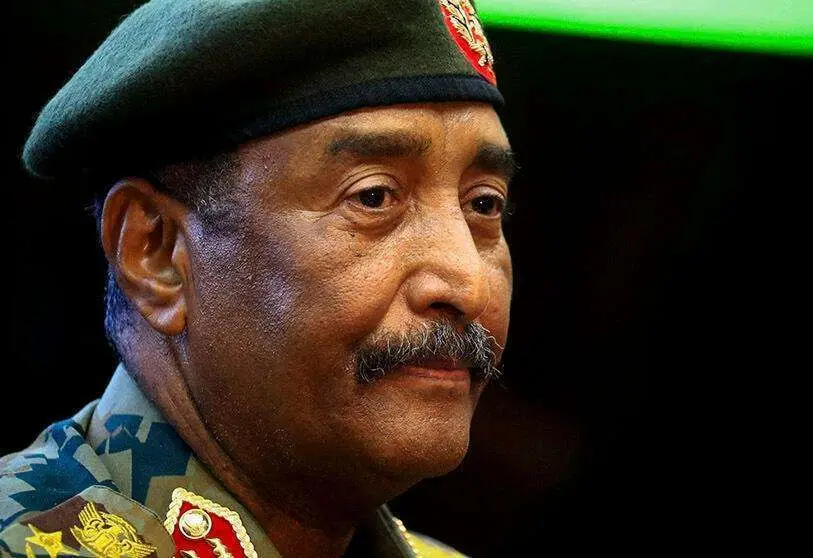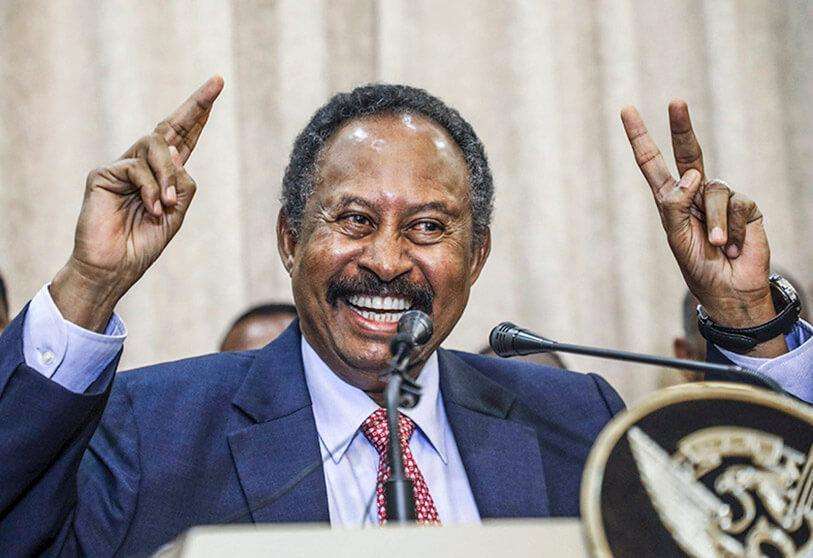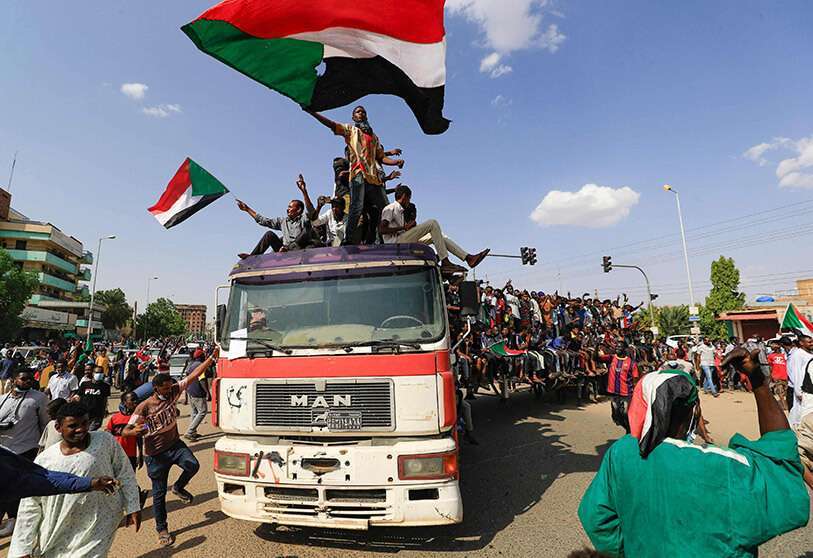Sudan's military leader lifts post-coup state of emergency

The political crisis in Sudan is deepening seven months after the coup d'état. The resistance committees, spearheading the mass protests against the government of Lieutenant General Abdel Fattah al-Burhan, have seen the military try to reinforce its position at the head of the state by distributing public posts among the Islamist profiles present in the administration of deposed ex-dictator Omar Hassan al-Bashir.
The self-proclaimed president of the Military Transitional Council and 'de facto' leader of the country on Sunday lifted the state of emergency in force since 25 October, the date on which al-Burhan himself dissolved the government in office, putting an end to two years of political transition, and ordered the arrest of civilian Prime Minister Abdalla Hamdok. This decree was reinforced in December with the issuance of an order granting absolute immunity to the security forces.
Al-Burhan's decision came a day after the capital, Khartoum, witnessed fresh protests against the army in the umpteenth show of force by civil society. In the communiqué issued by the authorities, the lieutenant general said that the intention of lifting the state of emergency was to "prepare the environment for a fruitful and meaningful dialogue to achieve stability in the transitional period".

The coup leader's manoeuvre was preceded by the pronouncement of the Security and Defence Council, Sudan's highest defence authority, which recommended ending the state of emergency and releasing the hundreds of demonstrators detained in the context of the protests against the army. A week earlier, moreover, it was the UN envoy for Sudan, Volker Perthes, who denounced the measure implemented at the time by the military authority.
"Removing the state of emergency means absolutely nothing, and the international community would be fooling itself if it were to consider it a positive step. The state of emergency is a constitutional provision to deal with the crisis, what relevance does it have in the context of a coup d'état?" asks researcher and political analyst Hamid Khalafallah. "The military government will continue to operate outside any constitutional framework without respecting the rule of law," he tells Atalayar.
Since the October putsch, one of eight on the continent in less than two years, the military authority has ignored the demands of different political platforms to return power to a civilian government elected in a democratic process, violently repressing their demonstrations. The military, led by Al-Burhan, intends to give continuity to the new transition process and, according to this version, would hand over power to a cabinet elected in the next elections, scheduled for July 2023.
Statement by the Spokesperson of the AU-IGAD-UNITAMS Trilateral Mechanism
— UN Integrated Transition Assistance Mission Sudan (@UNITAMS) May 30, 2022
"The Trilateral Mechanism Welcomes Yesterday's Measures as Positive Steps Towards Creating a Conducive Environment for a Peaceful Political Solution for Sudan" pic.twitter.com/DVdoAo7Ts6
The Sudanese people distrust the army, which in October toppled the interim government of economist Abdalla Hamdok to halt the transitional process two years after the overthrow of former president Omar al-Bashir. The 2019 Sudanese revolution pushed officials, led by al-Burhan, to end the dictator's Islamist regime, which ruled the country with an iron fist for three decades. However, with his latest moves, Al-Burhan is rebuilding the legacy of his predecessor.
The coup brought back prominent Islamist figures present in the former dictator's administration. Al-Burhan appointed, among others, Islamist generals Abdel Nabi al-Mahi and Abdelmonim Jalal to head the intelligence services, according to Africa Confidential. Khalafallah claims that the lieutenant general "would wish to bring a coalition that includes the Islamists in order to safeguard himself and avoid any prosecutions, but he is also aware that chances of bringing Islamists back in the current regional and global geopolitics are close to impossible.".
The international community would not welcome the consolidation of a new Islamist regime in the Horn of Africa, especially the United Arab Emirates, with whom Al-Burhan has been trying to forge ties in recent months. In this sense, a delegation from the United States and the European Union travelled to the Sudanese capital at the beginning of May to try to unblock the political deadlock 'in extremis' and, above all, to avoid new outbreaks of violence.

Al-Burhan has re-emphasised his commitment to the release of dissident leaders with the aim of ironing out differences between Sudanese political factions and reaching a political solution. But the situation is complicated. According to the UN, at least 1,000 people have been detained since the outbreak of anti-government protests, including 148 minors. Most have reportedly been subjected to torture. And at least 100 people have been killed by security forces.
CSIS Africa programme analyst Cameron Hudson notes in his latest report that the arbitrary arrests of opposition politicians and the killing of nearly a hundred protesters "were just the first signs that the military was regaining strength and returning to the previous regime's playbook for holding on to power through fear". "That playbook was perfected by the hardline Islamists whom the military has firmly returned to public office in the absence of a civilian-led administration," Hudson said.
Khalafallah is optimistic about the political platforms' chances of reversing the coup: "The democratic movement has great chances of success - the military has failed in forming a government for 7 months now and all aspects of life in Sudan have been in deterioration. Internal pressure has not stopped one day and external pressures have been continuous as well. Chances are big".








